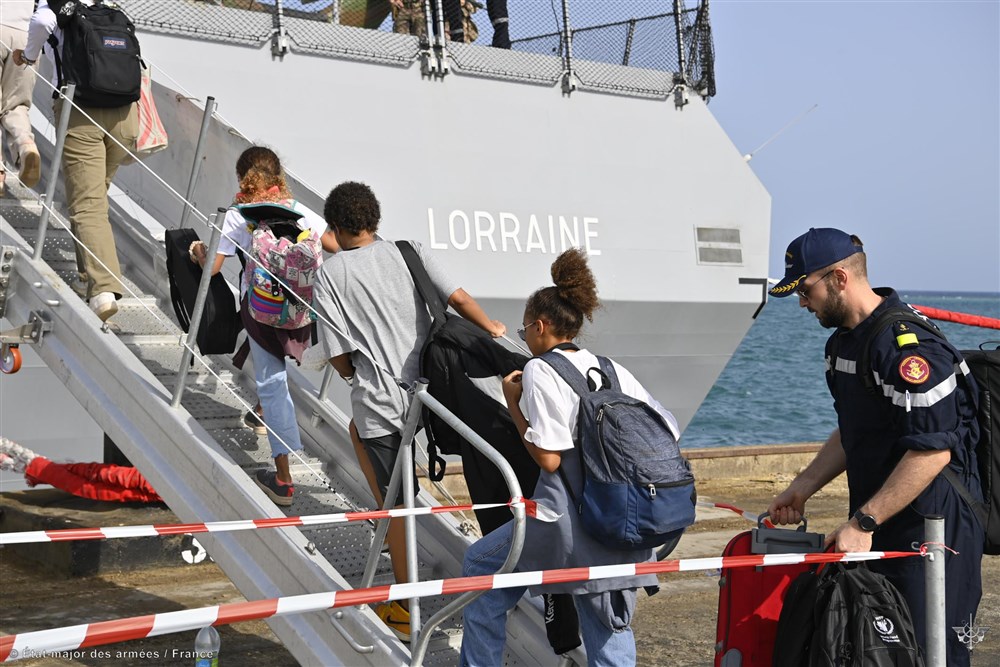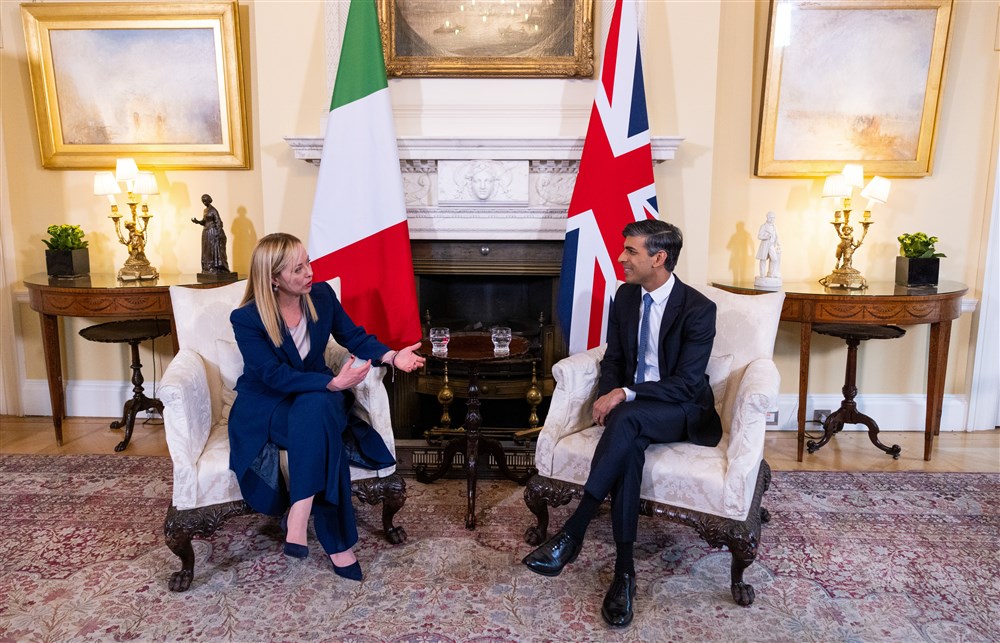The German Left is up in arms about what it sees as discrimination between government treatment of Ukrainian refugees and migrants or asylum-seekers from other countries.
When Russia invaded Ukraine, an unseen stream of refugees left the country and moved to Europe. The EU activated the Temporary Protection Directive giving Ukrainian refugees a list of rights, including a residence permit, access to employment, and suitable accommodation, social welfare and medical care. The special directive also meant that Ukrainian war refugees did not have to follow complex asylum procedures.
This has caused uproar among NGO’s and leftist parties who cite clear discrimination between the Ukrainian war refugees and recent arrivals from other countries. NGO’s like Pro Asyl lament the creation of “first and second class refugees”. They want measures adopted for Ukrainians to apply to all migrants.
The far-left political party Die Linke has called for a “paradigm shift” to “end social discrimination”.
The positive experience with Ukrainians “should be used as a model for a fundamental reorientation of refugee policy” it is claimed. There should be no two-tier policy for refugees; the laying on of humane reception facilities and housing “should not depend on the country or war from which a person fled.”
NGOs and Die Linke want the same rules applied to illegal immigrants and failed asylum-seekers too. This would mean the lifting of any work ban for migrants and full access to social security. “All refugees must be given access to regular social benefits … and unrestricted health care; the Asylum Seekers Assistance Benefits Act shall be repealed and those hitherto covered by it shall be transferred to the general social security system,” a proposed motion from Die Linke reads.
That those migrants never contributed to Germany’s social security is not relevant for Die Linke. “As one of the richest industrial nations and a major cause of [migrant] flight, the Federal Republic of Germany is also morally obliged to be open to those seeking protection.”
Germany saw nearly 1.2 million applications for asylum in 2015 and 2016, fuelled by the now famous words of then-Chancellor Angela Merkel, “Wir schaffen das” or “We can handle this”. The influx led to friction both within Germany and between European countries. When Russia invaded Ukraine, another million entered Germany. Over the same period, more than 200,000 applied for asylum. The waves have caused pressure on the social system and are thought to have fuelled the rise of rightwing parties.





